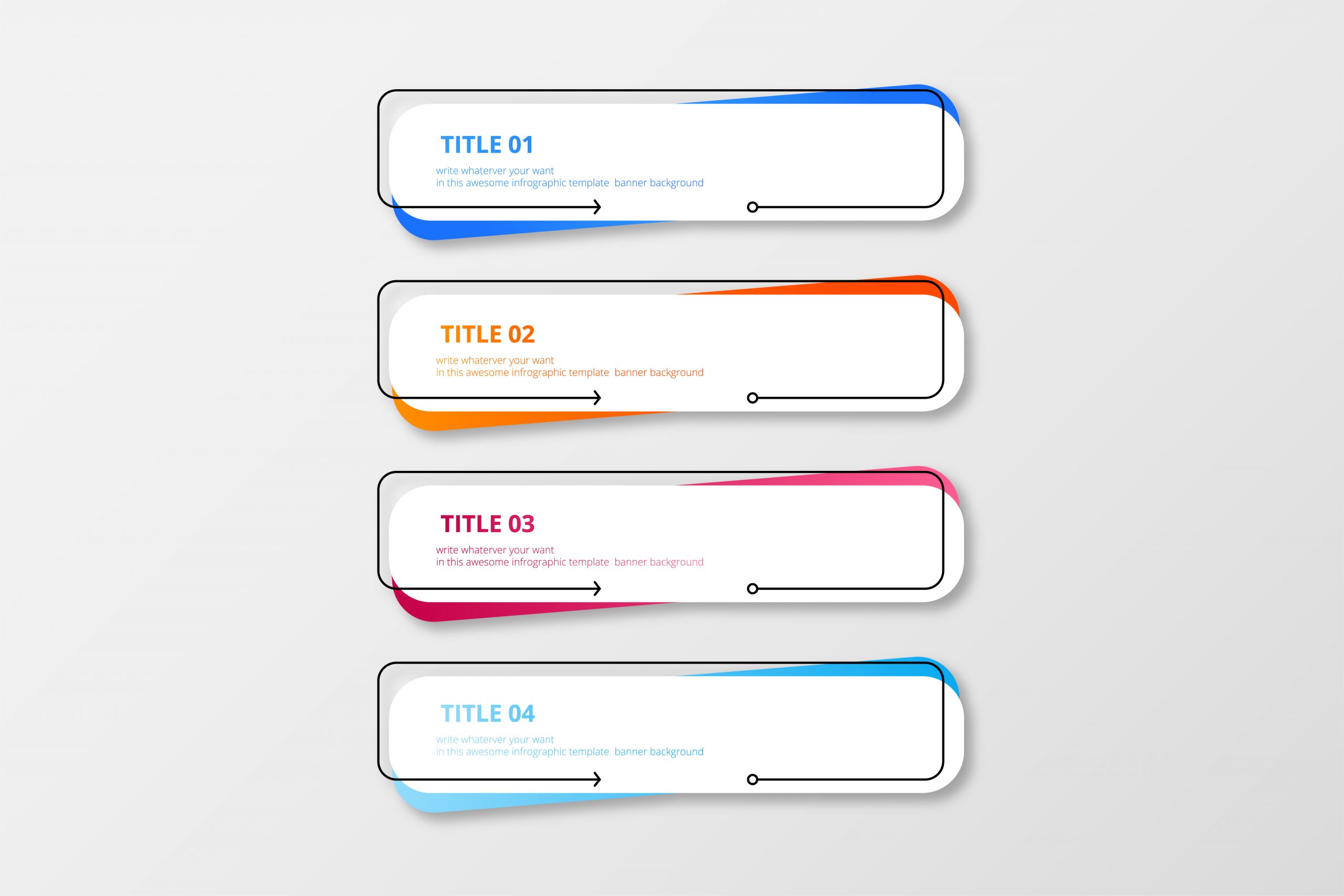The title is perhaps the most important element of your research paper. The title is the first thing journal editors and reviewers will see when looking at your article, and it is the only information that fellow researchers will see in a database or search engine. Titles that are concise and contain all the relevant terms increase the number of citations. Readers come across research article titles in searches through databases and reference sections of research articles. They infer from the title of the article what the article is about and how it relates to them. Given this, it is clear that the title of your article is the most important factor in determining the number of readers.
A good research title:
- Compresses the content of the article into a few words
- It attracts the readers’ attention
- Distinguishes the article from other articles in the same subject area
So, here are three basic tips to keep in mind while writing a title:
-
Keep it simple, brief and attractive:
The main task of a title is to provide an accurate summary of the content of the article. So, keep the title concise and clear. Use active verbs instead of complex noun-based phrases and avoid unnecessary details. In addition, a good title for a research paper is usually about 10 to 12 words. A long title may seem out of focus and divert readers’ attention from an important point.
-
Use appropriate descriptive words:
The title of a good research article should contain the keywords used in the article and specify the nature of the study. Avoid unnecessary words and expressions. You want a title that is understandable even to people who are not experts in your field. Think about the terms that people use to search for your study and include them in your title.
-
Consider the journal:
Before you write your title, read the notes for contributors for your target journal to be sure that you follow their recommendations, and that your article is relevant to the aims and scope of the journal. Look at examples of published papers in your target journal(s) to help you consider the format and length, and type of keywords used. Look also at your reference list and articles you yourself searched for when conducting your research. If you writing a title for a specific academic assignment or academic journal, make sure your title meets the standards and requirements of that source. For example, many magazines require titles to be subject to a character limit, including spacing. Many universities need titles that are very specific.
-
An appropriate title is substantiated by data:
Authors should be cautious to not make any claims in the title that can’t be backed up by evidence. For example, if you discover a potential therapeutic relevance, the title should indicate whether it has been tested or studied on animals or human / human specimens. Titles can be controversial because different authors have different views on the use of specific words such as acronyms, or more fundamentally, what the main message of the title should be. Some authors may overestimate the importance of their initial findings and want to reflect this in the title.
-
A good title sparks curiosity:
A title should arouse the interest of anyone looking for literature – as much as clicking on a title to read an abstract. Pay attention to the features of the titles of the articles that interest you. Keep notes of what you learned from the process, and apply it to your article titles.
Editing More than 200,000 Words a Day
Send us Your Manuscript to Further Your Publication.








Is ChatGPT Trustworthy? | Rovedar | Scoop.it says:
ChatGPT vs. Human Editor | Rovedar | Scoop.it says:
Enhancing Your Assignments with ChatGPT | Roved... says: